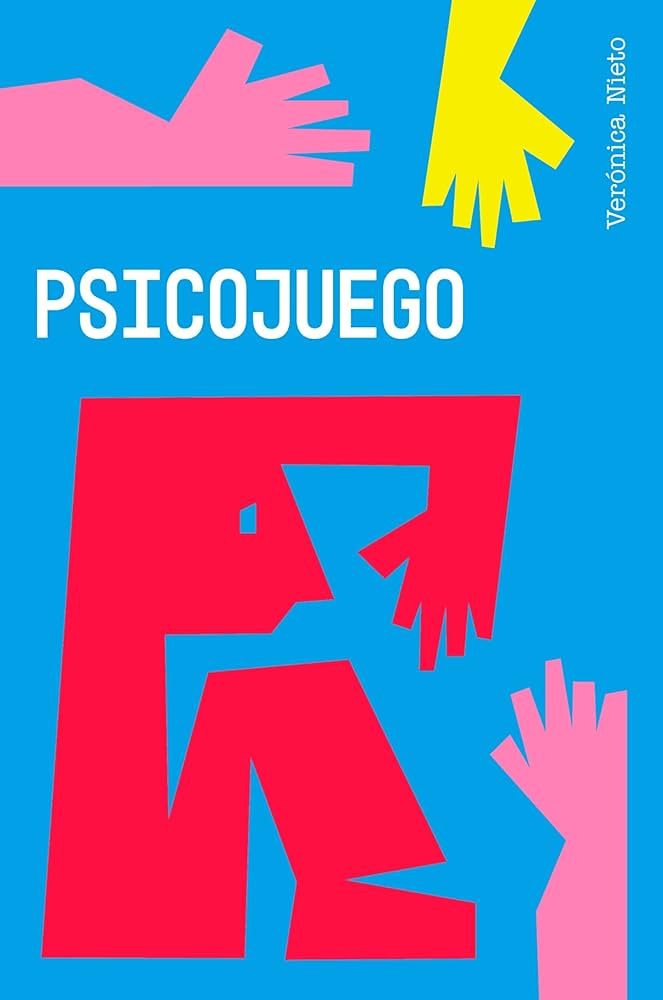A psychologist dies while exploring the video game she helped create — a simulation that reproduces the player’s subconscious with such precision it seems to have a life of its own. As her death is investigated, hidden layers of a transforming mind are revealed, along with a technological conspiracy and a system that manipulates desire until it becomes lethal.
A 42-year-old psychologist dies during a session of the very video game she helped design: the psychogame, a more advanced version of any relational app ever created, capable of mirroring the player’s unconscious. Using that material — through the simulation of desires, traumas, and emotions — the game generates scenes and settings that evolve dynamically. Its sophistication has reached a point where it almost seems alive. The psychologist’s death, caused by a creature generated inside the game, triggers an unprecedented investigation: for the first time, an emotional failure within a virtual environment has lethal consequences in the real world.
As investigators reconstruct her sessions, they discover that the protagonist had gone deeper and deeper into immersion. She merged her avatar with plants, posthuman creatures, and ghostly beings, obsessively pursued an elusive reptilian man, and even cloned herself to experience the game through multiple versions of her own identity. In the process, she relived family traumas, romantic frustrations, and symbolic scenes that revealed a powerful drive for meaning, desire, and transformation. Through interviews with people from her life, fragments of her motivations begin to emerge.
At one point, a letter from a hacker is found, claiming to have manipulated the woman in order to find a crack in the system and channel her thirst for justice through her avatars. It is then that the woman completes her evolution by creating an avatar that seems to condense her entire emotional journey. From that role, she begins transcribing meetings of the Institute — the corporation behind the game — and suspects that the system has been altered to shape the users’ behavior.
In the most advanced levels of the game, the boundaries between clones, avatars, and consciousness blur. The game becomes a sensory, emotional, and political experience that tests the limits of identity and autonomy. In the final scene, the protagonist tries to save another avatar from the river but is struck by a beam of light — a recurring symbol of system manipulation — and suffers a heart attack. Her death, seemingly absurd, may be the inevitable outcome of a player who dared to go too far.
RELEVANT INFORMATION: Verónica Nieto is an Argentine writer, author of short story collections and novels that earned her the I Villa del Libro Novel Prize (2010). She is editor and coordinator of La Maleta de Portbou, a humanities magazine.
Psychogame is a psychological science fiction thriller reminiscent of series such as Black Mirror. The story begins with the protagonist already dead, but instead of reconstructing her life through conventional flashbacks, it allows her absence to structure the entire narrative.
Rather than focusing on identifying a culprit, the story unfolds as a polyphonic drama, woven from multiple voices and scenes that together offer an emotionally charged exploration of relationships born and developed in digital environments. It examines not only the emotional impact of these connections but also their subtler consequences — isolation, dependency, and the need for validation. Its structure, rich in both thriller and dramatic elements, provides endless possibilities for audiovisual adaptation.
AUDIOVISUAL POTENTIAL: TV Series, Miniseries, Film, TV Film
AVAILABLE LANGUAGES: Spanish

Adquirir los derechos
Para ponerte en contacto con nosotros completa el siguiente formulario y te responderemos en breve.
Error: Contact form not found.

